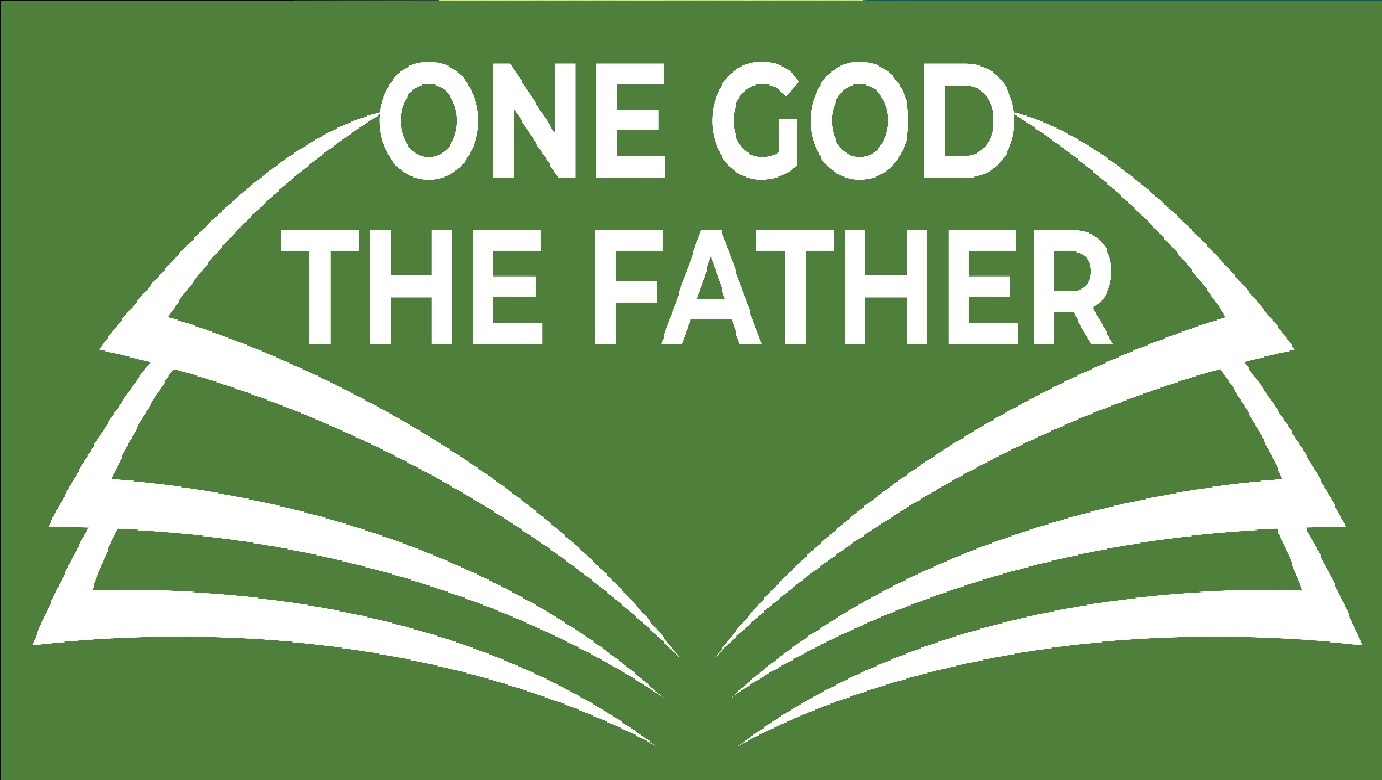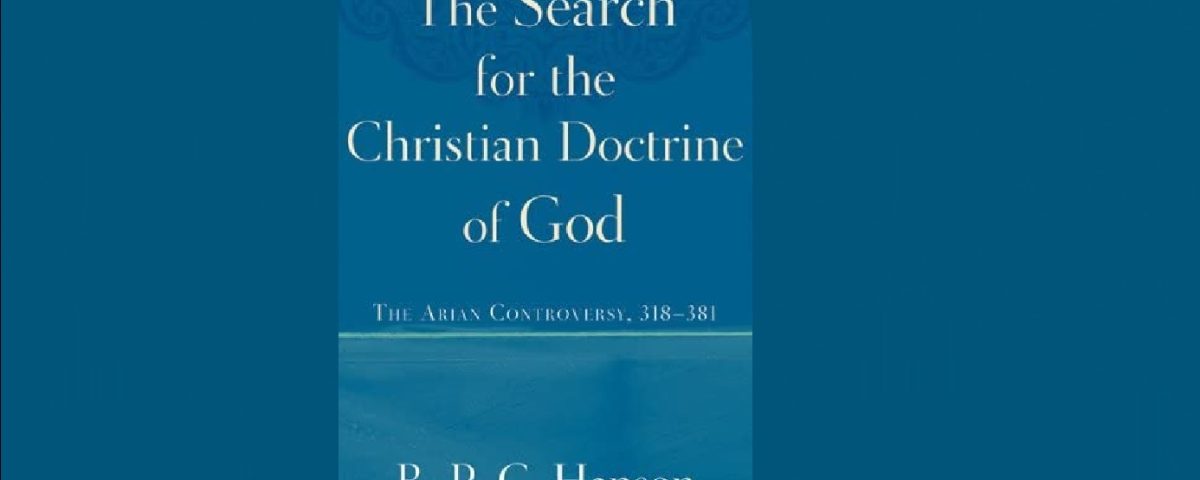
Jesus “came from God,” John 13:3
October 7, 2022
1 John 1 Comment by Anthony Buzzard
November 8, 2022Theodotius and Trinity Edict

From the book The Search for the Christian Doctrine of God by Hanson, pp 804-05.
Theodosius himself had been born and brought up in Spain and was living there on his estates in retirement when, during the acute crisis which followed the disaster of Adrianople, Gratian called him to share the burden of imperial rule with him. He was declared Emperor and Augustus (i.e. equal with, not subordinate to, Gratian) on January 19th 379. He spent all that year and most of the next in Thessalonica, which was his base for dealing with the large numbers of marauding Goths who were infesting the Balkan provinces, and during the course of his operations he won a decided victory against them and persuaded many either to return over the Danube or to settle peacefully (or relatively so) within the borders of the Empire. In February 380, when he was residing in Thessalonica, he issued an edict known as Cunetos Populos which declared the pro-Nicene doctrine of the Trinity to be the official doctrine of the Roman Empire, and named Damasus of Rome and Peter of Alexandria as the two episcopal norms of doctrine. His subjects were ordered to believe ‘the single divinity of Father, Son and Holy Spirit within (sub) an equal majesty and an orthodox (pia) Trinity’. Heretics would be punished. Soon after this Theodosius fell dangerously ill, and during this illness was baptised by Acholius bishop of Thessalonica. On November 24th 380 he entered Constantinople and instantly faced the Arian bishop of that city with the choice of either accepting the Nicene faith or being ejected from his see. Demophilus chose exile rather than recantation and was driven out of the city. At about the same time the Arian Lucius was chased out of Alexandria. In January 381 Meletius, leaving his see of Antioch, entered Constantinople. It seems likely that he had already concerted a plan with Theodosius to hold a council in order to settle the ecclesiastical affairs of the Eastern Church. On January 10th Theodosius issued an edict addressed to the Praetorian Prefect of the diocese of Oriens, known as Nullis haereticis. No church was to be occupied for worship by any heretics, no heretics were to gather together for worship within the walls of any town. Eunomians, Photinians and Adans were mentioned by name (but not Macedonians or Pneumatomachians). The correct Nicene faith was described (we can hardly call it defined) as:
‘He who professes the Nicene faith is to be thought of as the genuine worshipper in the Catholic religion, who confesses God Almighty and Christ his Son in one Name, God from God, Light from Light, who does not blaspheme the Holy Spirit, whom we hope for and accept from the highest Author (parente) of the world (rerum) by denying him, in whose bosom the undivided substance (which is called by those who believe rightly by the use of the Greek word ousia) of the pure Trinity flourishes in the apprehension of an undefiled creed’.
Perhaps the most remarkable point about this statement is that it does not require, at least on the surface, an acceptance of a belief in the divinity of the Holy Spirit. A Macedonian would not have been troubled by it.
